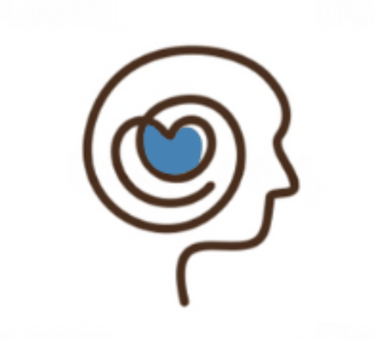Winning Isn’t Happiness: How Athletes Can Overcome the Pressure to Succeed
Success in sports doesn’t always equal happiness—learn how athletes can break free from the pressure to perform and prioritize their well-being. Discover strategies to redefine success and protect mental health in the competitive world of athletics.


In the world of athletics, success is often seen as the ultimate goal—a reflection of talent, hard work, and dedication. However, when athletes tie their happiness and self-worth directly to their achievements, they may inadvertently set themselves up for mental health challenges. The pressure to perform, combined with the fear of failure, can lead to feelings of anxiety, depression, and burnout, leaving athletes struggling to maintain a healthy sense of self.
Athletes are frequently under intense pressure to win, achieve personal bests, or maintain their status. From a young age, many are taught to measure their value by their success in competitions, leading to the belief that happiness is a direct result of achievement. This mindset, however, can be unsustainable. When success is fleeting or not as expected, athletes may feel like failures, leading to a cycle of self-doubt and emotional distress.
Mental health issues in athletes are becoming more recognized, but they remain underreported. Conditions like anxiety, depression, and eating disorders are prevalent, particularly among those who feel their self-worth is dependent on their performance. The toll of constantly striving for perfection can wear on an athlete’s mental and emotional well-being. In fact, some athletes may even experience “identity loss” when their careers end or when they are no longer performing at their peak. Without a healthy balance of self-worth beyond achievements, it can be difficult to adjust to life beyond sport.
Breaking the Cycle
It's important for athletes to redefine success—not as the accumulation of victories or records, but as a balanced and healthy approach to life. Fostering a mindset where happiness and fulfillment are not solely dependent on athletic achievements is essential for long-term mental health. Support from coaches, teammates, and mental health professionals can help athletes understand that success does not need to be defined by a scoreboard.
Resources for Athletes
The National Alliance on Mental Illness (NAMI): NAMI offers valuable resources and support for athletes experiencing mental health challenges. They provide educational materials, mental health first aid, and support groups for individuals in the athletic community. NAMI
The Athlete’s Mental Health Project: This initiative is dedicated to providing mental health resources and support specifically for athletes. It offers tips for managing stress, overcoming pressure, and maintaining mental wellness. Athlete’s Mental Health Project
Mind, the Mental Health Charity: Mind has a dedicated section for athletes and provides advice on how to deal with the pressures of competition, cope with failure, and seek professional help. Their resources are designed to empower athletes to prioritize mental health alongside their physical training. Mind
By shifting the focus from success to well-being, athletes can learn to maintain a healthy balance and navigate the challenges of their sport without sacrificing their mental health.
